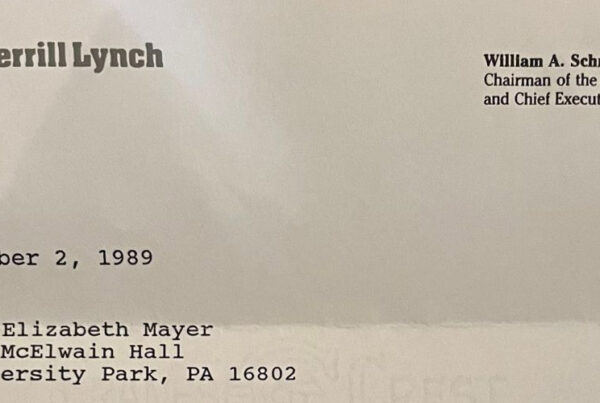
I recently received this LinkedIn note soliciting my attention and business. I thought to share it as it is an example of what not to do… Following the note, I shared some thoughts and suggestions on how to turn it into a personalized, compelling email.
If you want to use an automated campaign tool and blast your request out to thousands hoping to connect with a few prospects, by all means. If you want to increase your success rate substantially, do you your homework and personalize your emails.
Here’s the original email:
Hi Ira,
How are you today? I just came across your profile and thought I would reach out real quick and see if you would like to connect further here on LinkedIn.
I don’t usually reach out like this, but thought you may be a good candidate for my advanced leadership certification program and wanted to personally invite you to take a look at it.
If you are interested in learning more, let me know and I will introduce you to the right person on my team who can provide you with more information.
Here is a link with more info in the meantime: www.abc-offer.com
Keep up the good work.
Your friend,
FirstName LastName
—————————–
PERSONALIZE YOUR EMAILS
Here I share my impressions and offer some suggestions. My comments are marked with “Ira>”
How are you today? I just came across your profile
Ira> When you are selling me a product/service, I automatically have my “caution antennae” up. When you use such a phrase, it sounds as if you casually, by accident found my profile. Since you are obviously selling me something, I question the sincerity of the phrase, “just came across.”
I don’t usually reach out like this
Ira> Anyone and I mean anyone, who uses a phrase like this, loses ALL credibility when you are obviously selling me something. Delete the phrase! Start with something that is logical such as, “Based on your experience and profile, I think you might be a good candidate for [blank].”
wanted to personally invite you to take a look at it.
Ira> Messaging disconnect. You are NOT personally inviting me to connect. You state you are going to connect me to someone else on your team. To me, if you are the face/name behind the brand and you reach out, you become my point of contact. You are not simply an inside sales person making and asking for an appointment. The relationship starts with you. This phrase further works against the credibility of the sender.
Keep up the good work.
Ira> Another throw away comment. You and I have never met. Leave it out.
Your friend,
Ira> Another throw away comment. Friendships take time, they don’t come in the form of an unsolicited commercial email, which is the legal term for spam.
EXCITE MY MIND
Moral of the story: If you are going to send an unsolicited sales email, personalize it as much as possible. It is too easy to use automated campaign tools.
– Do your homework
– Use relevant language that will absolutely resonate with your target audiences
– Avoid clichés and throw away phrases
– Excite my mind, pique my interest quickly with a powerful Better Tomorrow Message™
– Share with me one or two benefits. Tell me why I should become invested in you
– Respect your audience’s time. Send well-written emails
Photography Source: © Copyright 2018, The Chief Storyteller®, LLC. All Rights Reserved.
#email #marketing #personalization #chiefstoryteller



